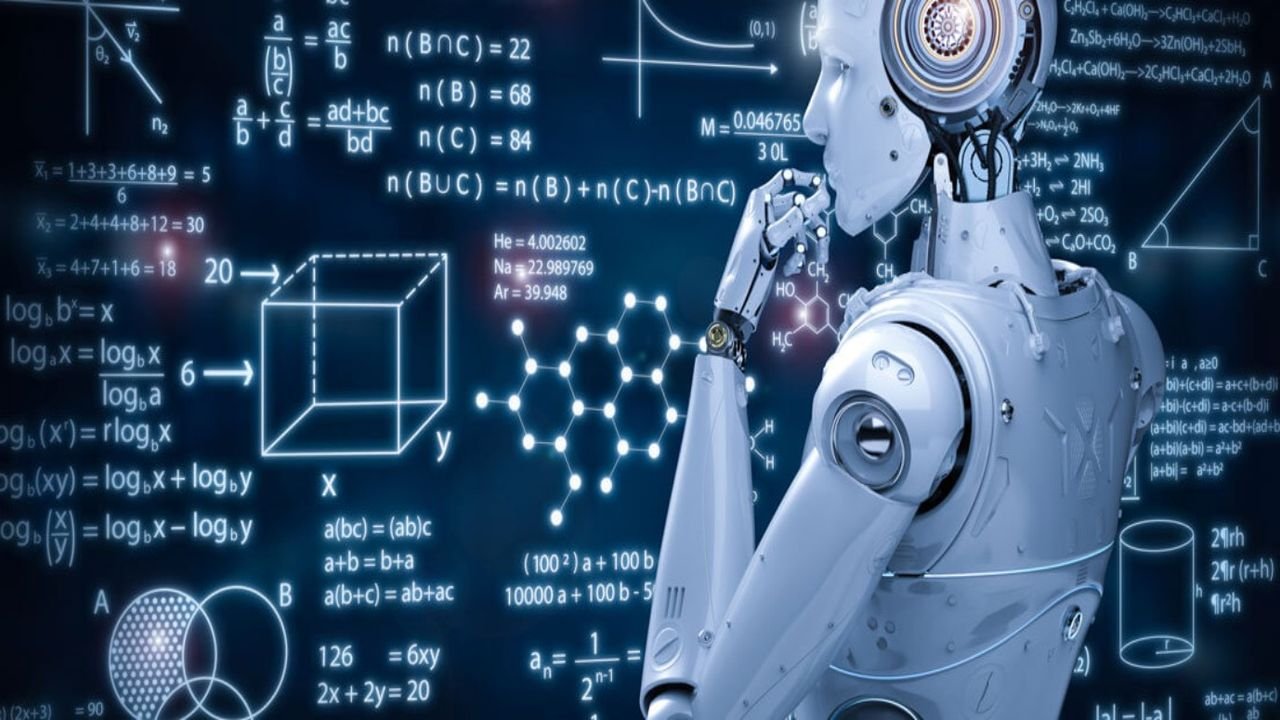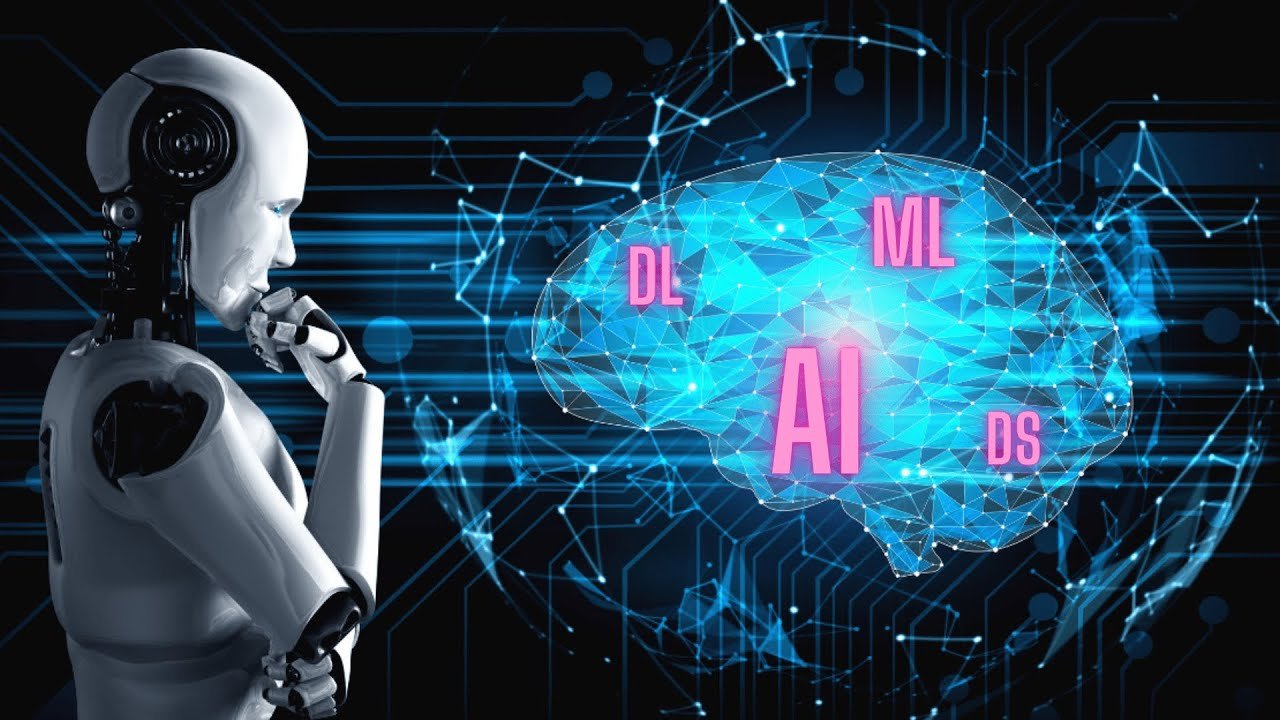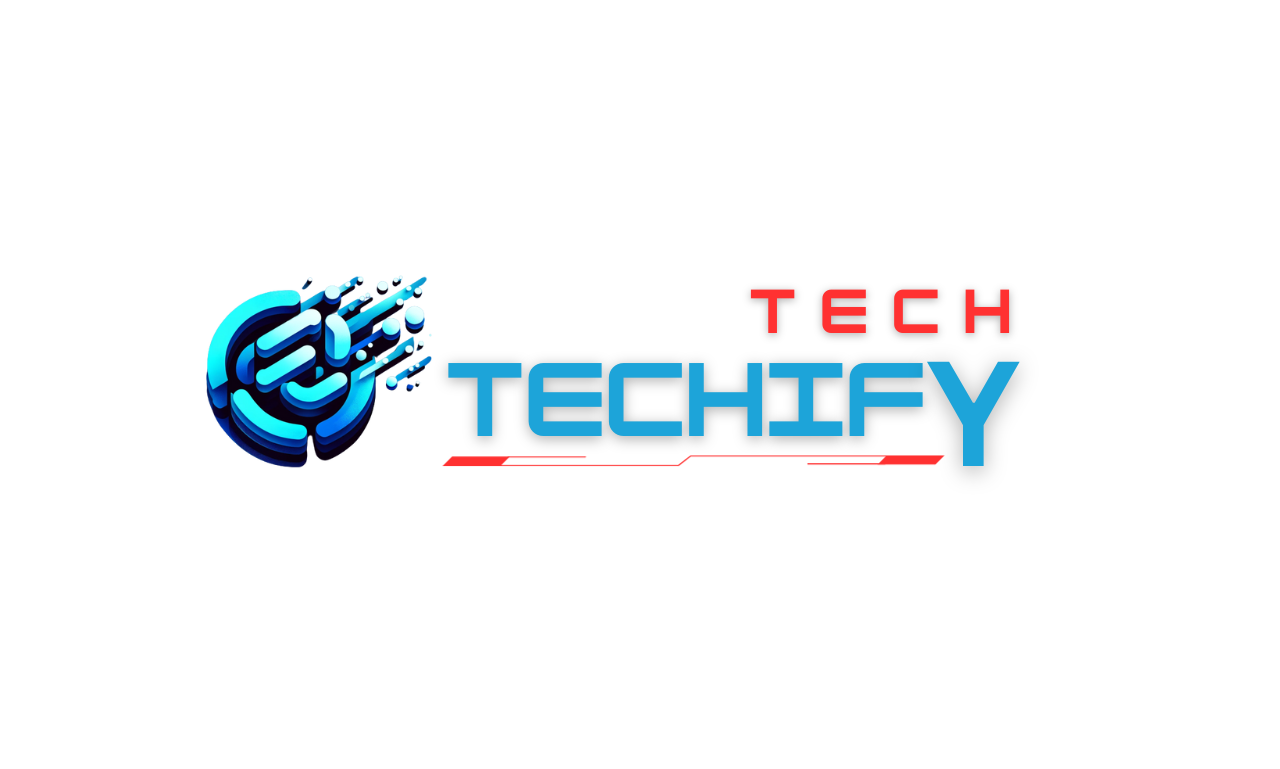Introduction
AI Learning for Kids is a beacon for creativity within our fast-expanding technological environment.
At its core, AI includes the development of computer methods qualified for fulfilling duties that generally require mortal brains, such as problem-solving, education, and decision-making.
The trip of AI traces back decades, drawn by significant crossroads and breakthroughs that have made it into various aspects of our daily lives.
From virtual assistants like Siri and Alexa to evolved independent vehicles and medical diagnostic techniques, the applications of AI are vast and diverse.
As AI advances, its effect on society expands, restructuring businesses, changing economies, and reinventing how people engage with technology.
Understanding the principles of AI is critical not simply for specialists in the area but also for everyone looking to navigate the complicated terrain of our AI-powered world with experience and expertise.

Importance of teaching AI to kids
Introducing Artificial Intelligence (AI) concepts to youths holds immense value in today’s digital age. As AI technologies become increasingly combined into our daily lives, it’s paramount to equip the more youthful years with a foundational understanding of this transformative field.
Training AI for kids fosters curiosity, critical thinking, and problem-solving talents from an early age, orienting them to navigate a world shaped by technology.
Moreover, early exposure to AI Learning for Kids instruction cultivates creativity and innovation, empowering children to harness AI’s potential to manage real-world challenges.
By demystifying intricate images in a fun and interactive way, instructors can instill in kids the desire to explore and test AI ideas.
Ultimately, funding in AI instruction for kids not only paves the way for future technical advancements but also ensures that the following years stand equipped with the ability and skills to succeed in an AI-driven world.
Challenges in teaching AI to kids
Teaching Artificial Intelligence (AI) to kids reachespresents its challenges that instructors and parents must actually drive.
One primary challenge lies in facilitating complex AI Learning for Kids concepts into digestible information relevant to young minds.
Striking the right proportion between depth and clarity is crucial to ensure awareness without overwhelming children.
Also, addressing misconceptions and fears ringing AI can be challenging, as kids may perceive the technology as harsh or even threatening.
Creating a safe and supportive learning climate where children feel relaxed exploring AI concepts is essential to crushing this hurdle.
Furthermore, seeing engaging teaching methods that seize children’s attention and keep their interest presents another challenge.
Comprising interactive activities, games, and storytelling into AI instruction can help mitigate this challenge by making learning enjoyable and accessible.
Overall, while training AI for kids presents barriers, overcoming these challenges is vital to equip the following years with the knowledge and skills to thrive in a technology-driven world.

Strategies for teaching AI to kids
Educating Artificial Intelligence (AI) preschoolers demands clever tactics that captivate their focus and foster a passion for learning.
One functional approach is to include hands-on, experiential education opportunities where youngsters can interact directly with AI images.
Activities such as coding games, robotics workshops, and AI storytelling not only create knowledge fun but also provide tangible ventures that deepen learning.
Additionally, integrating AI into daily experiences, such as using virtual aids or exploring AI-driven apps, permits children to see the practical applications of AI in their lives.
Also, leveraging visual aids, protests, and real-world examples helps to streamline complex concepts and make them more relatable to youngsters.
By tailoring teaching methods to their goods and learning styles, instructors and parents can create engaging and accessible ways for children to explore the fascinating world of AI.
Ultimately, using diverse and interactive plans ensures that AI education is both enriching and satisfying for young learners.
Fun and interactive AI activities for kids
Engaging children in fun and interactive Artificial Intelligence (AI) moves not only makes learning pleasant but also cultivates a more profound sense of AI concepts.
One exciting activity is coding games, where kids can learn basic programming skills while creating AI-powered games or simulations.
Robotics workshops provide hands-on knowledge in building and programming robots, letting children explore AI tangibly.
AI storytelling involves utilizing AI Learning for Kids tools to generate individual tales or characters, sparking imagination and imagination.
Another fun activity is AI-powered art, where kids can use AI algorithms to make unique artworks or spirits. Virtual reality experiences that affect AI scenarios, such as virtual AI pets or virtual associate interactions, offer immersive learning opportunities.
By including these fun and interactive activities in AI education, educators and parents can inspire interest and enthusiasm in children while providing them with valuable skills for the future.

Resources for teaching AI to kids
When it comes to leading Artificial Intelligence (AI) to kids, a capital of resources is known to support instructors and parents in their efforts.
Books tailored to children offer amusing narratives and illustrations that facilitate AI concepts and make them accessible to young pupils.
Academic websites and online courses provide interactive lessons, tutorials, and quizzes designed especially for kids interested in exploring AI.
Additionally, AI teaching kits and tools offer hands-on learning experiences, including robotics kits, coding platforms, and AI-powered toys.
Academic apps and software provide interactive games and activities that teach AI concepts in a fun and exciting way.
Furthermore, workshops and occasions hosted by educational institutions or technology firms offer children opportunities to participate in AI-related activities and interact with professionals in the field.
By leveraging these diverse aids, educators and parents can make enriching AI learning experiences that encourage curiosity and creativity in youngsters.
Incorporating AI into Education Programme
Integrating Artificial Intelligence (AI) into the academy curriculum is essential for preparing learners to satisfy the growing conditions of modern civilization.
By mixing AI instances with STEM disciplines such as math, science, and computer science, instructors may offer students a complete understanding of AI’s applications and usefulness.
Cooperative learning adventures, project-based tasks, and real-world problem-solving tasks permit learners to use AI concepts in realistic contexts, fostering critical thinking and imagination.
Experienced growth opportunities for instructors ensure that they are provided with the ability and skills to teach AI ideas and technologies.
Additionally, alliances with industry experts and societies facilitate access to aid, mentorship, and hands-on adventures that enrich the AI education curriculum.
By adopting AI as a crucial part of the schooling geography, schools can assign learners to become skilled in AI technologies and train them for future educational and career chances in the occupation.

Impact of AI on kids’ future careers
The influence of Artificial Intelligence (AI) on juniors’ future job prospects is essential and varied. As AI resumes to advance, it forms new job prospects and changes existing industries, shaping the career geography for the following years.
AI-related fields such as data science, device learning, and robotics offer lucrative and exciting job paths for children interested in technology and invention.
Moreover, AI skills such as coding, problem-solving, and critical thinking are evolving increasingly valuable across various initiatives, opening doors to diverse career opportunities.
However, the impact of AI Learning for Kids extends further job creation, influencing the way kids learn and career development.
By understanding AI concepts and technologies, kids can better navigate a technology-driven world, adapt to varying job requirements, and seize rising opportunities.
Ultimately, the effect of AI on kids’ future careers stresses the importance of AI teaching in preparing them for triumph in the digital age.
Ethical considerations in teaching AI to kids
When teaching Artificial Intelligence (AI) to kids, ethical references play a vital role in shaping their understanding and usage of this influential technology.
One critical situation is promoting reliable AI use and teaching kids to use AI tools and media ethically and responsibly.
This involves stressing the significance of appreciating privacy, bypassing bias, and considering the potential impact of AI on someone and communities.
Addressing bigotry and rights in AI systems is another essential aspect of teaching kids to recognize and mitigate tendencies in AI algorithms to ensure fairness and inclusivity.
Furthermore, encouraging diversity and inclusivity in AI teaching ensures that children learn the importance of including diverse views and voices in AI products and usage.
By merging ethical concerns into AI instruction, educators and parents can entrust kids to become reliable and conscientious users of AI, fostering a culture of honest AI use from an early generation.

Conclusion
In closing, the journey of leading Artificial Intelligence (AI) to kids is both compelling and critical in our rapidly advancing world.
By introducing AI ideas at an early age, we equip youths with the skills and knowledge needed to succeed in a technology-driven culture.
Through innovative and interactive education methods, we spark interest, foster creativity, and develop critical thinking skills in youthful learners.
Moreover, incorporating AI into the education curriculum prepares students for future careers and assigns them to make meaningful assistance in the ever-evolving field of technology.
However, as we embark on this academic journey, it’s essential to evaluate ethical implications and promote reliable AI usage among juniors.
By addressing ethical concerns and investing in values of fairness, inclusivity, and respect, we ensure that children harness the ability of AI for the betterment of humanity.
Finally, teaching AI to children influences their destiny in addition to laying the groundwork for a more colorful and genuine tomorrow.
FAQs
How can parents get interested in training AI in their youngsters?
Parents can support AI instruction by providing access to academic resources, experiencing AI-related activities, and inspiring curiosity and exploration.
Are there any online platforms specifically designed for teaching AI to kids?
Yes, several online media offer AI courses and aids tailored to children, providing interactive education experiences in a virtual environment.
What are the potential career paths for kids interested in AI?
Jobs in the AI field, from software effects and engineering to data science and robotics, present diverse prospects for those with a passion for technology and invention.
How can educators address concerns about AI ethics in the classroom?
Instructors can incorporate talks about ethical reviews into their lessons, inspiring students to think critically about AI's crash on society and the importance of accountable usage.







